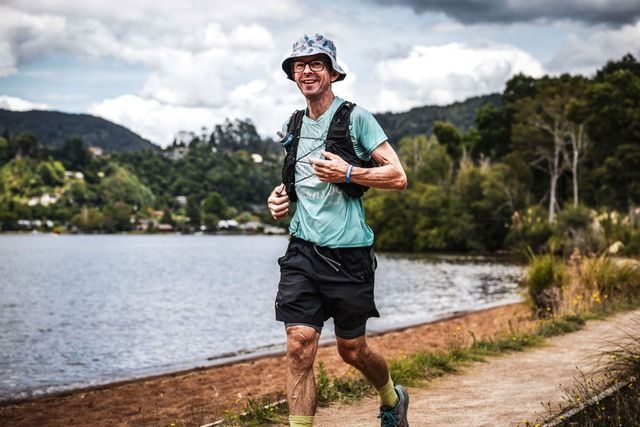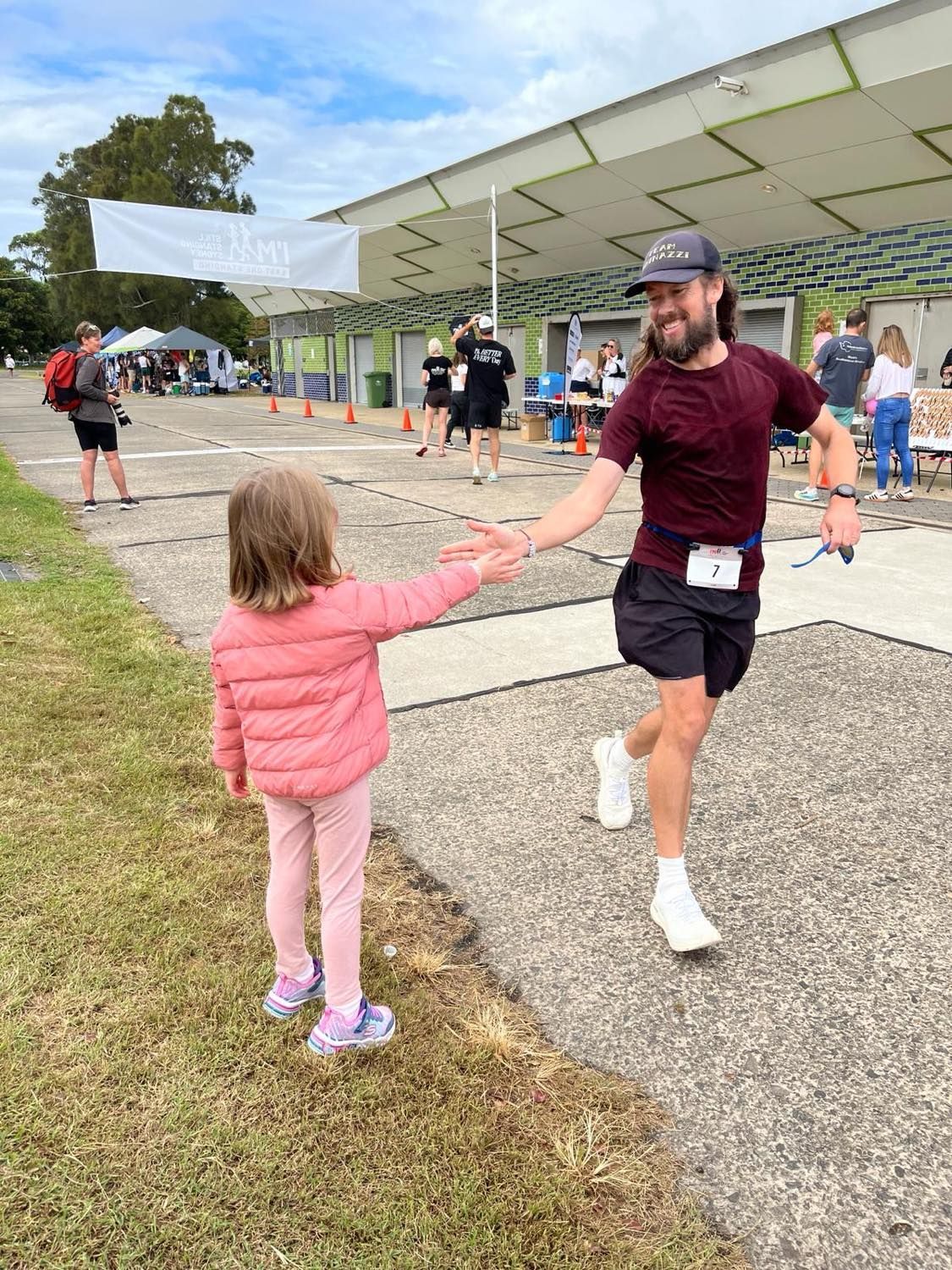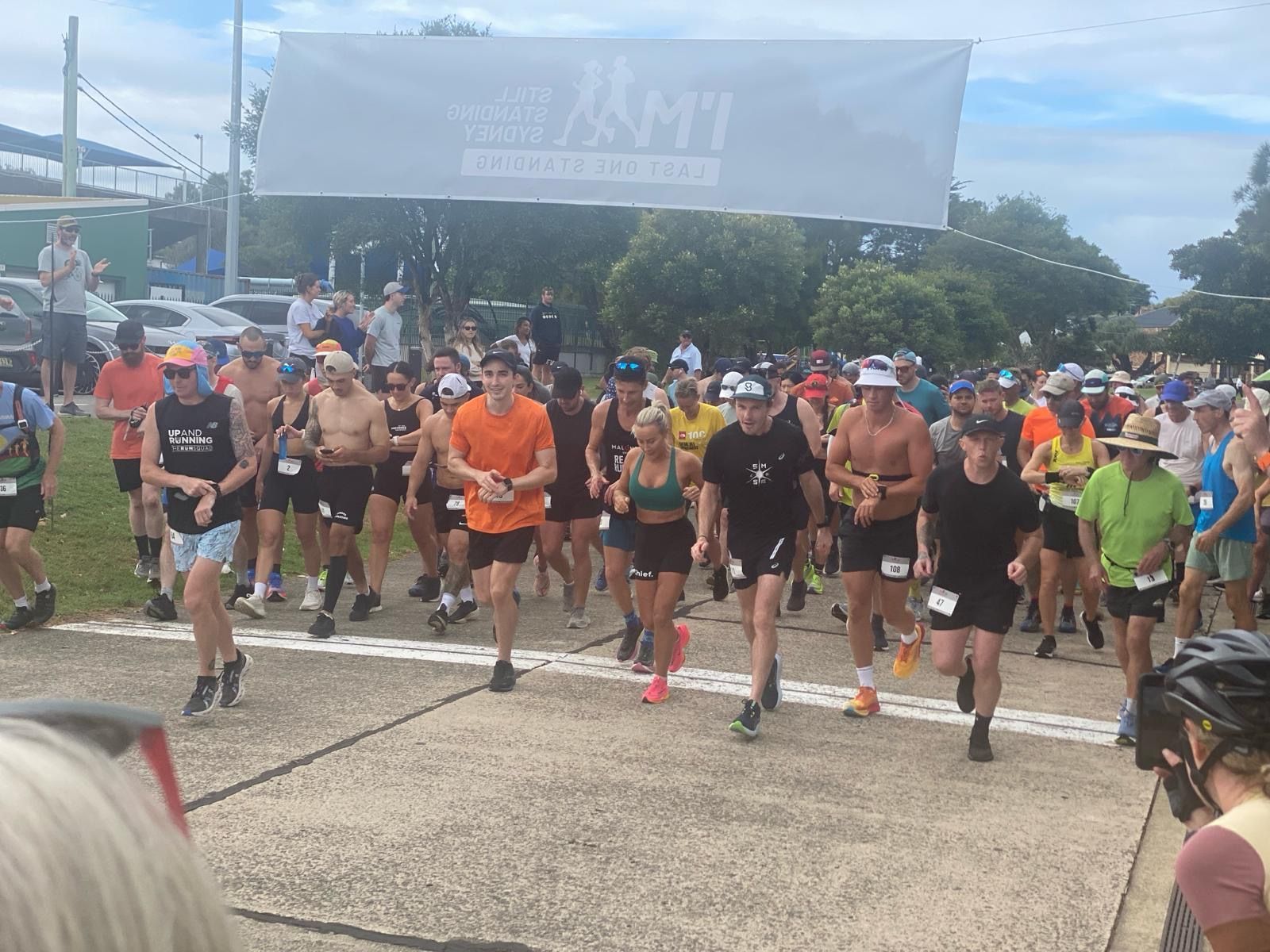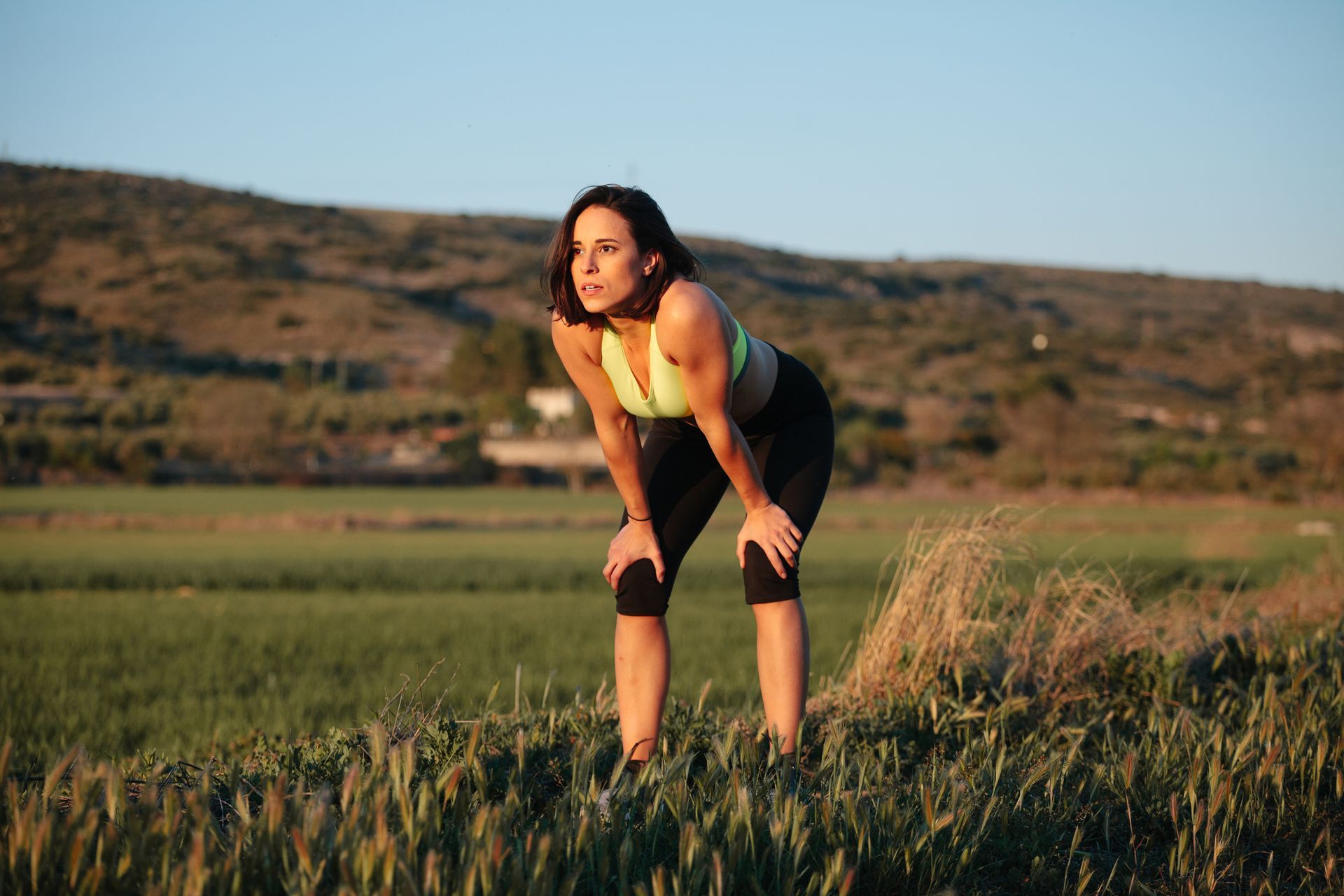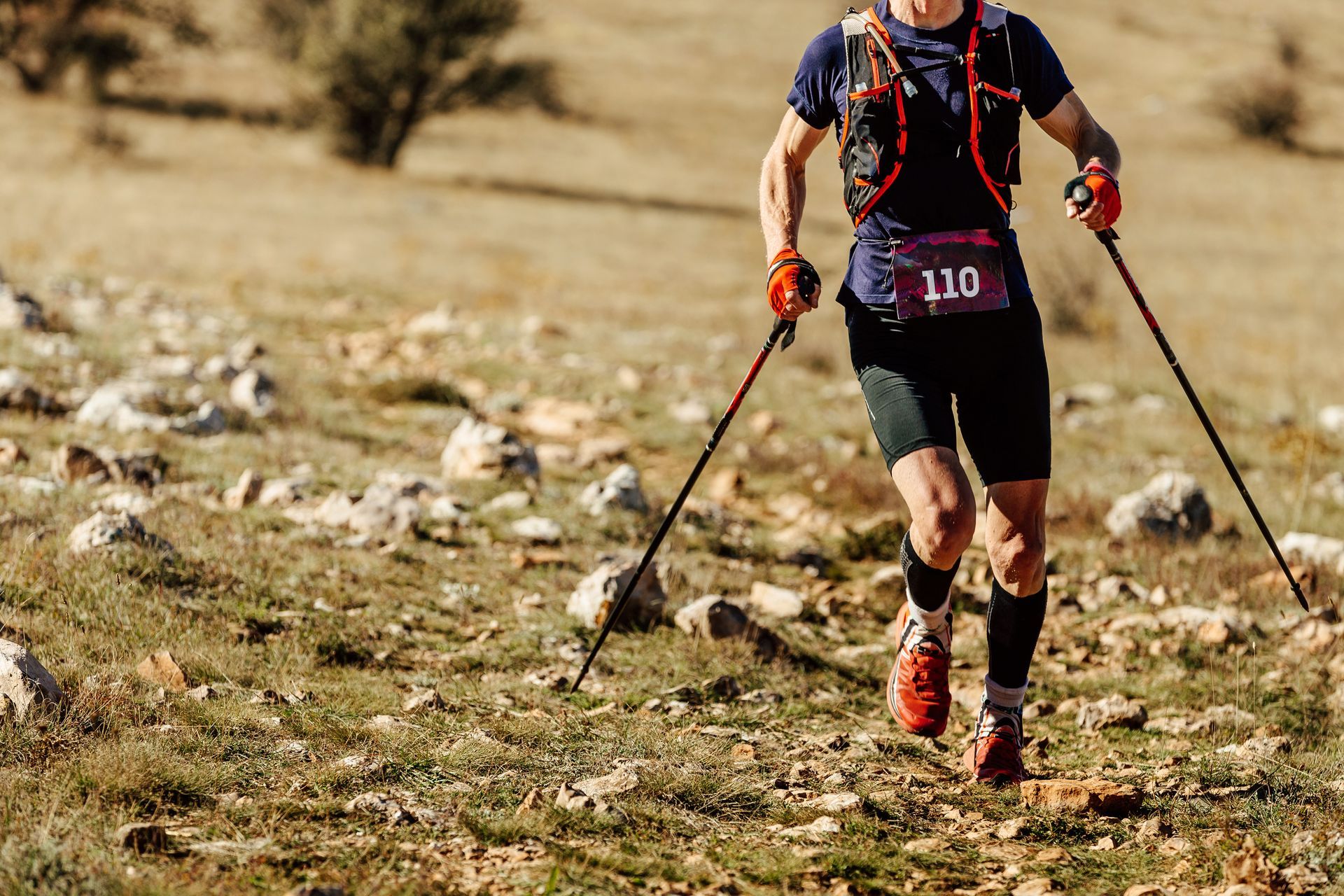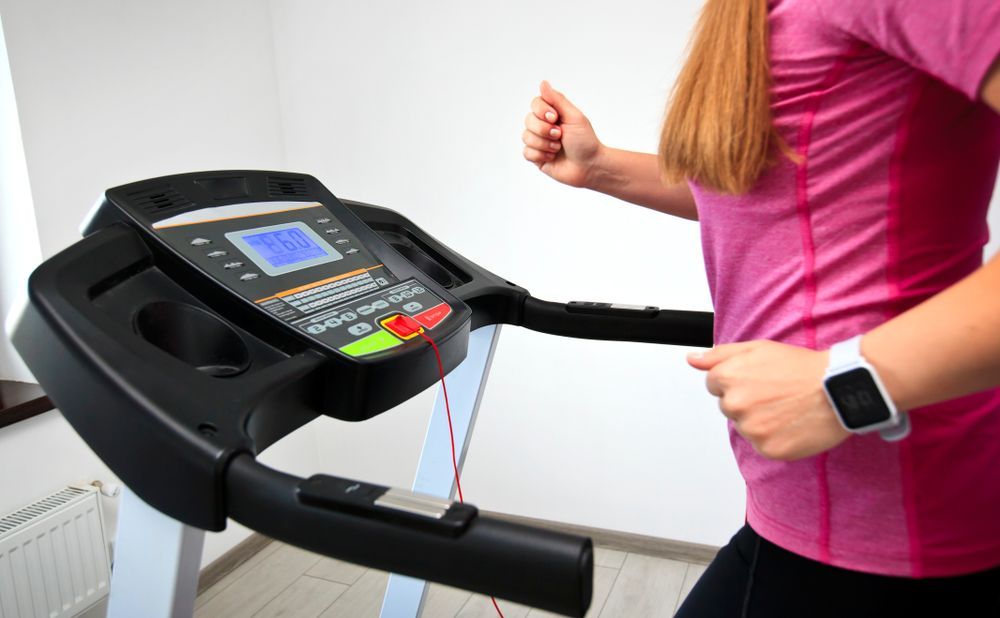
TRAINING CAN – AND SHOULD – CONTINUE
Contributed by Glen Smetherham, Head Coach, Consistent Running
If you are a runner, and if you have been training for an important race in the coming weeks or months, you may have had those plans completely undermined due to the COVID-19 pandemic. In the last week we have seen many races around the world and locally being cancelled or postponed. You may have been diligently training for an event for months already, only to have suddenly been left wondering what to do next.
There is plenty of information available to help inform us how best to reduce the risk of contracting and potentially spreading the virus. I won’t repeat them here.
As a runner, training can and should continue. We owe it to those around us, especially the sick and elderly, to reduce our risk of becoming carriers, and take every precaution and stay healthy whilst training.
Some extra recommendations for runners to follow, assuming you are feeling well and don’t meet any of the requirements for self-isolation, would include…
- Avoid running in groups.
- Wash hands before your run. It’s very common to touch your face when running, wiping away sweat, snot rockets, etc.
- If you use gels, clean the surfaces before your run, same with hydration bottles.
- Pick running routes that are not in congested areas.
- If you go to a gym, consider going at quieter times, and be very careful to clean surfaces before and after use, wash hands after use. No gym, no longer possible.
- Maintain a well-balanced diet. Fuel for the upcoming day/activity. If you have more time at home and are less active, try adjust your eating habits.
- Instead of food snacks, try to have regular ‘exercise snacks’. Short micro-strength sessions throughout the day. Eg. 10 squats whenever you enter a certain room.
- Maintain healthy sleep habits.
- Try to time your training sessions to reduce the risk of being vulnerable to infections. If you have travel planned or a particularly busy/stressful day ahead, aim to precede that day with an easy to moderate training session rather than an intense one that will result in a short term hit to the immune system.
Options available if your ‘A’ race has been cancelled:
- Initiate your planned taper (you may like to complete the remaining weeks of the training schedule), then run a time trial.
- Scale back your training and think long term. Aim to improve weaknesses and consolidate strengths. Quite often with frequent racing, it can be difficult to find the time to fully focus on a rebuilding phase.
- Find an alternative race to make your new “A” race. Your best bet at this stage would be smaller events and trail races. While they still may require some organisational changes and restrictions, they generally are more manageable with the current recommendations.No longer possible.
- Organise small fat ass races among those you trust to do the right things or stay at home if at risk. This option is becoming less likely.
- Organise or take part in virtual races. I’m sure there will be a large increase in these during 2020.
I am planning on organising some virtual challenges and a small fat ass race to help maintain motivation for runners who have had races cancelled and provide some variety to training.
So, continue your training, although modify where needed. That way you can be sure to remain as healthy as possible and reduce your risk of becoming a carrier of COVID-19 (or other illnesses) and therefore reduce the risk of others around you.
“𝘞𝘩𝘦𝘯𝘦𝘷𝘦𝘳 𝘵𝘩𝘦 𝘢𝘵𝘩𝘭𝘦𝘵𝘦 𝘴𝘵𝘰𝘱𝘴 𝘵𝘳𝘢𝘪𝘯𝘪𝘯𝘨, 𝘢 ‘𝘥𝘦𝘵𝘳𝘢𝘪𝘯𝘪𝘯𝘨’ 𝘱𝘳𝘰𝘤𝘦𝘴𝘴 𝘴𝘦𝘵𝘴 𝘪𝘯, 𝘪𝘯𝘥𝘶𝘤𝘪𝘯𝘨 𝘢 𝘳𝘦𝘭𝘢𝘵𝘪𝘷𝘦𝘭𝘺 𝘳𝘢𝘱𝘪𝘥 𝘭𝘰𝘴𝘴 𝘰𝘧 𝘵𝘩𝘦𝘢𝘤𝘲𝘶𝘪𝘳𝘦𝘥 𝘢𝘥𝘢𝘱𝘵𝘢𝘵𝘪𝘰𝘯. 𝘍𝘰𝘳 𝘦𝘹𝘢𝘮𝘱𝘭𝘦, 𝘩𝘢𝘭𝘧 𝘵𝘩𝘦 𝘪𝘯𝘤𝘳𝘦𝘢𝘴𝘦 𝘪𝘯 𝘮𝘪𝘵𝘰𝘤𝘩𝘰𝘯𝘥𝘳𝘪𝘢 𝘧𝘳𝘰𝘮 5 𝘸𝘦𝘦𝘬𝘴 𝘰𝘧 𝘵𝘳𝘢𝘪𝘯𝘪𝘯𝘨 𝘮𝘢𝘺 𝘣𝘦𝘭𝘰𝘴𝘵 𝘪𝘯 1 𝘸𝘦𝘦𝘬 𝘰𝘧 𝘥𝘦𝘵𝘳𝘢𝘪𝘯𝘪𝘯𝘨. 𝘚𝘪𝘯𝘤𝘦 𝘵𝘩𝘦 𝘯𝘶𝘮𝘣𝘦𝘳 𝘰𝘧 𝘮𝘪𝘵𝘰𝘤𝘩𝘰𝘯𝘥𝘳𝘪𝘢 𝘴𝘶𝘣𝘴𝘵𝘢𝘯𝘵𝘪𝘢𝘭𝘭𝘺 𝘥𝘦𝘵𝘦𝘳𝘮𝘪𝘯𝘦𝘴 𝘵𝘩𝘦 𝘦𝘯𝘥𝘶𝘳𝘢𝘯𝘤𝘦𝘤𝘢𝘱𝘢𝘤𝘪𝘵𝘺 𝘰𝘧 𝘵𝘩𝘦 [𝘢𝘵𝘩𝘭𝘦𝘵𝘦], 𝘪𝘵 𝘪𝘴 𝘰𝘣𝘷𝘪𝘰𝘶𝘴 𝘵𝘩𝘢𝘵 𝘵𝘩𝘦 𝘭𝘰𝘴𝘴 𝘰𝘧 𝘰𝘯𝘦 𝘸𝘦𝘦𝘬 𝘰𝘧 𝘵𝘳𝘢𝘪𝘯𝘪𝘯𝘨 𝘸𝘪𝘭𝘭 𝘩𝘢𝘷𝘦 𝘢 𝘮𝘢𝘳𝘬𝘦𝘥 𝘦𝘧𝘧𝘦𝘤𝘵 𝘰𝘯𝘵𝘩𝘦 𝘦𝘯𝘥𝘶𝘳𝘢𝘯𝘤𝘦.”
— Jan Olbrecht, The Science of Winning.*
* Planned rest days and occasional unplanned days are preferable to pushing through sessions when injured or sick, as they can prevent a longer series of unplanned days off.
Glen Smetherham is a Level 2 Advanced Recreational Running Coach accredited with Athletic Australia. With a focus on how the individual is responding to training, coach and athlete working together is the best way to achieve running goals. Glen is always working on finding the best methods and training practices to help athletes achieve their running goals. He has completed over 25 ultra marathons from 48kms up to 350kms, as well as many other endurance events.
Always check federal and state government advice as changes occur on a daily basis due to the current Coronavirus pandemic.



